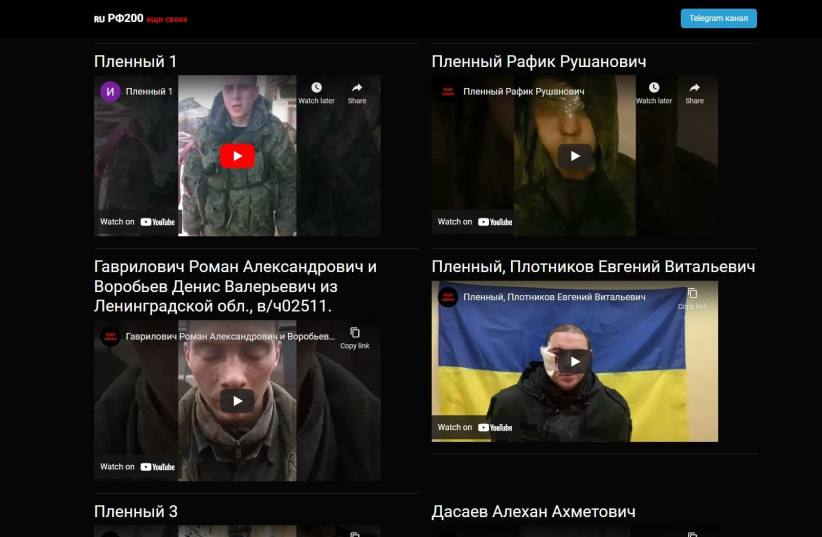Why is Russia failing in the information war? More importantly, does Russia really care about losing the battle over public opinion? Can this information war be defined as an asymmetric one, since only one side is interested in winning the battle?
Several reasons can explain Russia’s failure in the information war. The first relates to the use of different types of emotions. While Russia uses negative emotions, emphasizing fear and threatening national and international audiences, Ukraine uses a positive emotion: empathy.
Fear may motivate public opinion at the beginning of a war, but its effect is limited in time and is not effective in the long term. By contrast, the use of empathy by Ukraine manages to produce more identification and movement with its messages. The main challenge in using empathy is the need to excite the audience more each time.
In this context, Israel must examine why it, too, is failing in the information war associated with its military operations against the Palestinians. Rather than using emotions such as fear and existential threat and delivering messages through government officials who are perceived as biased, empathy should be used and promoted through personal stories, which evoke more identification.
For Russia, the use of fear also seems to represent a worldview and a desire to preserve the old, conservative world under Putin’s post-Soviet leadership, using traditional media, television and radio as tools for censorship, controlling information and disseminating Russian propaganda.

By contrast, the Ukrainian desire to break free from the embrace of the Russian bear and to belong instead to a new, liberal world, as part of the alliance with NATO and Europe, is also characterized by its use of digital media designed to share information as widely as possible.
Thus, the war embodies a struggle between the traditional media and the digital media, as well as between the real world and the images reflected in the virtual world. The war also highlights the differences in the use of information between two different generations of leadership.
Putin, as a patriarchal-hierarchical leader, makes decisions on his own, remote from the new world. Zelensky is a young, charismatic, holistic leader who is popular among his people, a Robin Hood of the digital age, who has successfully framed the war not as one between leaders but as one between Putin and Ukraine.
Finally, Russia’s failure in the information war, also because the failure to use visual content, such as videos and pictures, to support its allegations of genocide in the Donbas region, the placement of ballistic missiles and NATO military forces on the border between Russia and Ukraine, and the production and storage of biological and chemical weapons.
In the absence of visual content, it is impossible to arouse empathy or validity for these claims. Meanwhile, the Ukrainian side, through its massive sharing of visual content, manages to support its claims and promote empathy.
Russia has previously demonstrated its ability to skew public opinion using digital media, as evident in its alleged involvement in the 2016 US presidential election between former president Donald Trump and Hillary Clinton, and in the Cambridge Analytica scandal.
In the current information war, it may be able to continue to support its image as a fake news distributor on the Internet, but it is failing miserably to provide true pictures to support its claims.
The writer is a researcher and lecturer in Digital Strategic Communication and Persuasion at Reichman University.
